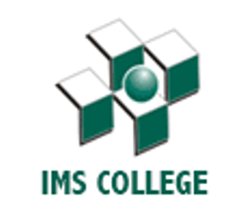This class aims to create a ‘safe emergent space’, away from day-to-day work responsibilities where participants can build trust, experiment and engage in collaborative learning and skill development. Within this environment, the class aims to build a reflective community of practitioners to enhance their self-confidence in professional practice. Through developing knowledge of leadership, participation in leadership and reflection on leadership, participants will learn to apply skillful practice in a complex world.
Individuals with leadership aspirations as well as professionals who have recently taken on formal responsibility of managing and leading will benefit from this class. Given the deep reflection and experiential learning elements, it will also stretch and challenge more experienced leaders in their leadership practice.
Learning outcomes
a. subject specific knowledge and skills
On successful completion of this class, participants will be able to:
1. Communicate an understanding of contemporary concepts and thinking in strategic leadership when applied to different organisational, cultural and international contexts
2. Analyse, appraise and create ethical solutions to contemporary issues of relevance to leadership
3. Exhibit improved leadership skill capability through the adaptive application of leadership concepts, styles and practices to real life settings and organisational challenges.
4. Demonstrate an increased self-awareness and understanding of how one’s behaviour is perceived by and impacts on others
5. Formulate enhanced interpersonal and communication skills within a developing process of continuous personal and organisational development.
b. cognitive abilities and non-subject specific skills
On successful completion of this class, participants will be able to:
1. Reflect critically on one’s assumptions, values, thoughts, emotions and actions
2. Work collaboratively, openly and supportively with others
3. Communicate effectively to meet the needs of the audience
4. Draw connections among ideas, concepts and theories and use these to deepen knowledge and skills of subject material
5. Effectively give and receive feedback



